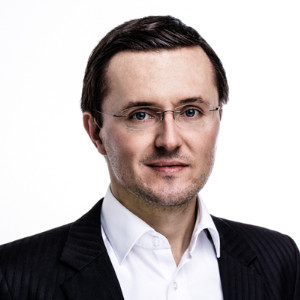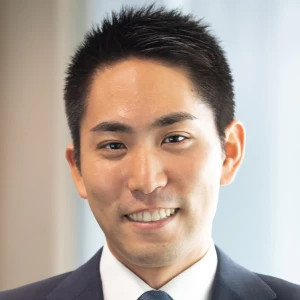Hello,
I am in the final round for an Associate position at one of McKinsey's American offices.
From the feedback I was given, the only thing I have to pay attention to is that my structures are always MECE, but everything else was good.
I am happy but it also makes it harder to study while waiting for the final round. Any advice?
Also, any advanced readings on how to make your structures really MECE?
Thanks!














